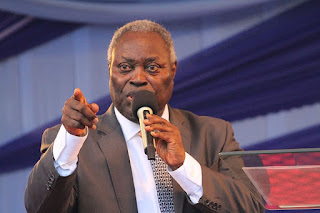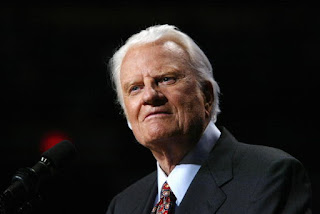HIS WORD THE LAST WORD
His Word the Last Word
David McCasland
On my bed I remember you; I think of you through the watches of the night. Because you are my help, I sing in the shadow of your wings. Psalm 63:6–7
Dawson Trotman, a dynamic Christian leader of the mid-twentieth century and founder of The Navigators, emphasized the importance of the Bible in the life of every Christian. Trotman ended each day with a practice he called “His Word the last word.” Before going to sleep he meditated on a memorized Bible verse or passage, then prayed about its place and influence in his life.
He wanted the last words he thought about each day to be God’s words.
The psalmist David wrote, “On my bed I remember you; I think of you through the watches of the night. Because you are my help, I sing in the shadow of your wings” (Ps. 63:6–7).
Whether we are in great difficulty or enjoying a time of peace, our last thought at night can ease our minds with the rest and comfort God gives. It may also set the tone for our first thought the next morning.
A friend and his wife conclude each day by reading aloud a Bible passage and daily devotional with their four children. They welcome questions and thoughts from each child and talk about what it means to follow Jesus at home and school. They call it their version of “His Word the last word” for each day.
What better way to end our day!
Thank You Father, for Your Word in our hearts and our minds—our last thought at night as we rest securely in You.
Do you have a favorite verse you have committed to memory?
The Spirit of God renews our minds when we meditate on the Word of God.
Psalm 63 can encourage us as we reflect on how the psalmist David brought his struggles to God.
First, he expressed his thirst for the living God as being like a thirsty man yearning for life-giving water (vv. 1–2).
Second, he observed God’s glory in the sanctuary and compared it to eating and being satisfied by delicious and nourishing food (vv. 3–5).
Third, even when he was on his bed at night, he meditated on his Creator and Savior and felt the closeness of God’s love (vv. 6–8).
Fourth, he trusted God for protection when he encountered real-life enemies (vv. 9–10). Finally, the psalmist admitted that his power didn’t come from his regal position. Instead, it was rooted in the living God who brings joy to the heart and glory to His name (v. 11).
What can we learn from David’s example? Why not spend some time today reflecting on the character of God.






Comments
Post a Comment